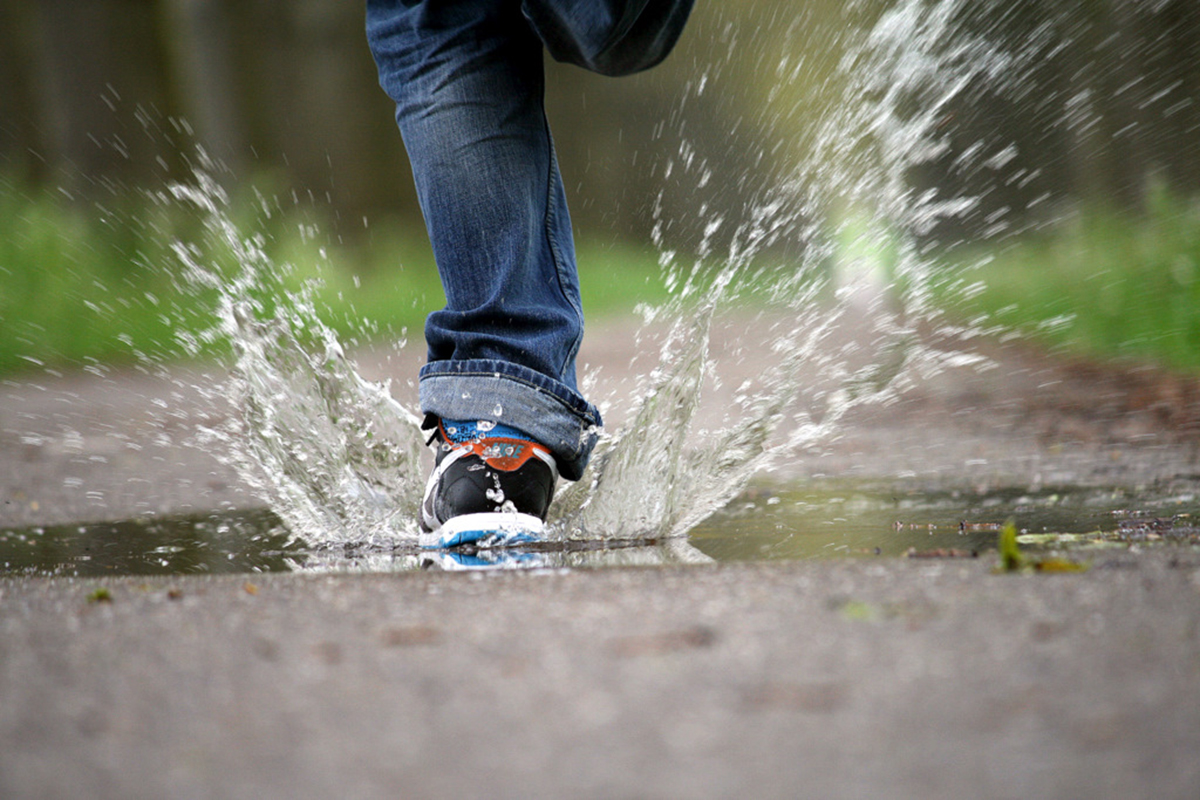Table of Contents
The best thing you can do is of course regulate your habits, both eating and physical. Once you have achieved your weight loss goals, it's important to keep aware of what you are doing and not allow yourself to fall into bad habits.

One study published in the American Journal of Clinical Nutrition found there were six key strategies for a long-term success in weight management:
- Continuance to engage in moderate-high levels of physical activity
- Eating a diet that is controlled in calories and fat
- Eating breakfast regularly
- Self-monitoring weight on a regular basis
- Maintaining a pattern of eating that is consistent and does not have large gaps
- Monitoring oneself in order to catch slips before they turn into large weight regains
Underpinning all of this is obtaining an excellent knowledge of food, nutrition, eating habits and proper exercise routines.
In addition, if you're not exercising right, you will likely put the weight back on. One option could be to find a personal trainer and use them at frequent intervals so that you continue to stay on track. The same also applies to your diet and today, there is a huge amount of material available to educate you on which foods to eat and when to eat them. By following the guidelines of regular exercise each week you will quickly reap the benefits and stabilize your new weight whilst simultaneously keeping yourself healthy for a long time to come.
Individuals in the National Weight Control Registry, a database of those who have lost at least 30 pounds and kept it off for at least one year reported 42 minutes each day of moderate physical activity, compared to just 19 minutes in obese subjects. This does not specifically involve high-intensity gym workouts but includes things such as walking the dog or cleaning the house. In this way we can see the sheer importance of continued exercise in weight management. It also comes down to enjoying these things: unless you learn to enjoy physical activity, you won't be able to keep up the needed activity level!
The Psychological Component
One conceptual article published in the Obesity Review explained that there are multiple factors in preventing weight regain including but not limited to – motivation to lose weight, familial support, coping strategies, autonomy, ability to cope with life stress, psychological strength and personal responsibility.
See Also: Five Diet and Exercise Myths That Actually Make You Gain Weight
In this way we can clearly see that weight regain is in large part due to behavioral patterns within the individual that should be carefully controlled and changed wherever possible. Indeed one of the best ways to encourage simple discipline in individuals is high intensity exercise itself, and the effect is doubled as this not only has the ability to increase mental strength and determination but also increases overall levels of physical activity – thus facilitating the original goal.
- Donnelly JE, Blair SN, Jakicic JM, Manore MM, Rankin JW, Smith BK. American College of Sports Medicine Position Stand. Appropriate physical activity intervention strategies for weight loss and prevention of weight regain for adults. Med Sci Sports Exerc. 2009 Feb
- 41(2):459-71
- Gilden Tsai A, Wadden TA: The evolution of very-low-calorie diets: an update and meta-analysis. Obesity (Silver Spring) 14 : 1283-1293, 2006
- Franz MJ, VanWormer JJ, Crain AL, Boucher JL, Histon T, Caplan W, Bowman JD, Pronk NP. Weight-loss outcomes: a systematic review and meta-analysis of weight-loss clinical trials with a minimum 1-year follow-up.Journal of the American Dietetic Association.107:1755 -1767, 2007
- Wing, Rena R., and Suzanne Phelan. Long-term weight loss maintenance.The American journal of clinical nutrition 82.1 (2005): 222S-225S
- Catenacci VA, Grunwald GK, Ingebrigtsen JP, Jakicic JM, McDermott MD, Phelan S, Wing RR, Hill JO, Wyatt HR. Physical activity patterns using accelerometry in the National Weight Control Registry. Appropriate intervention strategies for weight loss and prevention of weight regain in adults. Med Obesity (Silver Spring). 2011 Jun
- 19(6):1163-70
- Elfhag, K., and S. Rössner. Who succeeds in maintaining weight loss? A conceptual review of factors associated with weight loss maintenance and weight regain. Obesity reviews 6.1 (2005): 67-85.Photo courtesy of Natasia.causse via Flickr: www.flickr.com/photos/123012464@N05/14495484212
- Photo courtesy of The World According To Marty via Flickr: www.flickr.com/photos/martijnvandalen/4591360652


Your thoughts on this